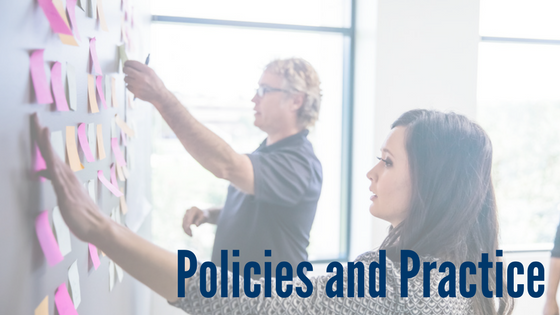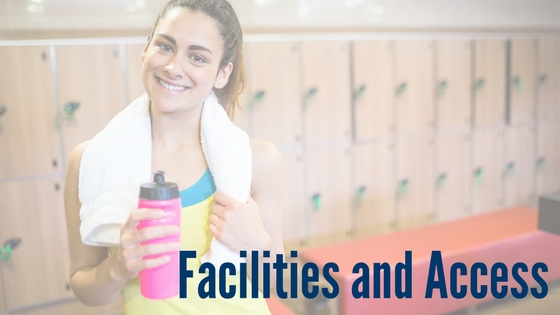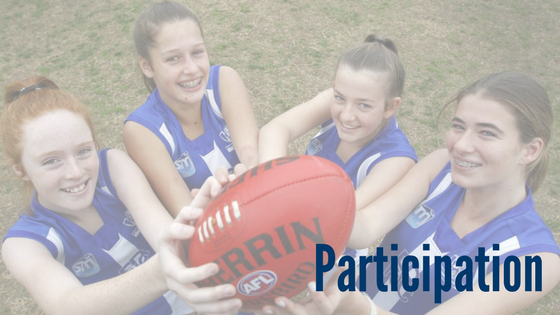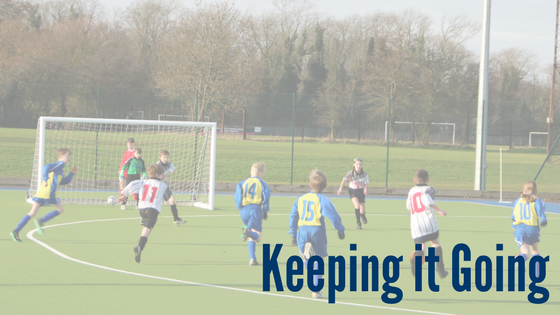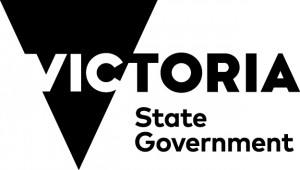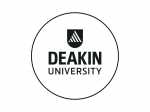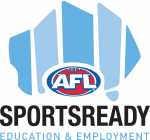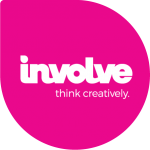Welcoming Sport
The VicHealth State Sporting Association Participation Program helped more than 30 State Sporting Associations to increase participation in community sport and active recreation, particularly among underrepresented groups in sport. These groups include:
- Women and girls
- Aboriginal People
- People with disabilities
- People from culturally and linguistically diverse backgrounds
A framework, called Everyone Wins, was developed to help guide sport organisations to become more inclusive through changes to policies, practices and physical environments. The framework includes practical actions, resources (fact sheets, templates, guidelines, websites) and best practice examples.
It outlined five areas that sporting organisation’s could consider for action as part of their work to become more welcoming:
- Leadership
- Policies and practices
- Facilities and access
- Participation
- Keeping it going
Sport can be exciting, engaging and rewarding and deliver many physical benefits. But it can also help participants to develop valuable life skills, such as cooperation, discipline, respect and tolerance, and how to compete and socialise with others.
Sport is also a great way to promote social inclusion and cohesion. When groups of people are excluded from sport, it can have a negative impact on both the health of the individuals and their communities.
Research shows that women and girls, people with a disability, Aboriginal Victorians and people from culturally and linguistically diverse communities (particularly new arrivals and refugees) are significantly under-represented in sport.
100% of sporting organisations involved in the SSAPP program believed there was value in creating a welcoming sport environment;
The impact of a welcoming club extends beyond the playing field. They are welcoming, family-friendly and inclusive of all in the community. They promote and reinforce healthy and respectful attitudes and foster a culture that supports health and wellbeing. They abide by the standards of behaviour expected for everyone involved in sport and recreation.
Organisations that have a commitment to being inclusive have a better chance of experiencing:
- Increased membership and spectator numbers (leading to increased revenue).
- Potential for increased sponsorship or funding avenues by reaching more areas and diverse people within the community.
- Opportunity to increase the number of skilled and talented players, volunteers, and administrators.
- Increased ability to ensure the welfare of a sport and to sustain it into the future.
Evaluation of this program, by Deloitte, found that the State Sporting Associations Participation Program and its Everyone Wins framework helped sports organisations to create change in order to get more people involved. SSAs involved in the program reported engaging the Board and executive to review and update policies and procedures assisted with changing cultural mindsets and perceptions around inclusion and accessibility. The majority of SSAs focused on engaging with key internal and external stakeholders to celebrate achievements and build engagement, momentum and support. In addition to this identifying key individuals, or champions of change, to drive the desired cultural change was crucial to both success and sustainability.
There were certain strategies that worked really well. As such, sporting organisations should take on board the following pointers in their bid to become more welcoming:
- Identify multiple people at different levels to lead and drive the change.
- Take your time to plan and work at your own pace.
- Start at the top – your board or committee need to be on board and committed to the change.
- Seek help from other organisations who have:
- already been through this change; or
- are experts in the area.
- Make sure the process is as simple and straightforward as possible.
- Clear and consistent communication is really important throughout your change process.
- Clearly outline why the change is occurring and how it will help your organisation.
- Speak with groups and/or individuals that the change will impact. Their input will:
- provide a sound basis for your activities; and
- help to minimise issues that you may not have expected.
Remember, changing behaviours and culture won’t happen overnight. But small steps can make a big difference. Your members and community will appreciate your work to make your organisation better for members and stronger for the future.
97% of sporting organisations involved in the SSAPP program were willing to make changes and create a welcoming environment.
| RETURN TO HEALTHY & WELCOMING SPORT | NEXT SECTION: HEALTHY SPORT |


